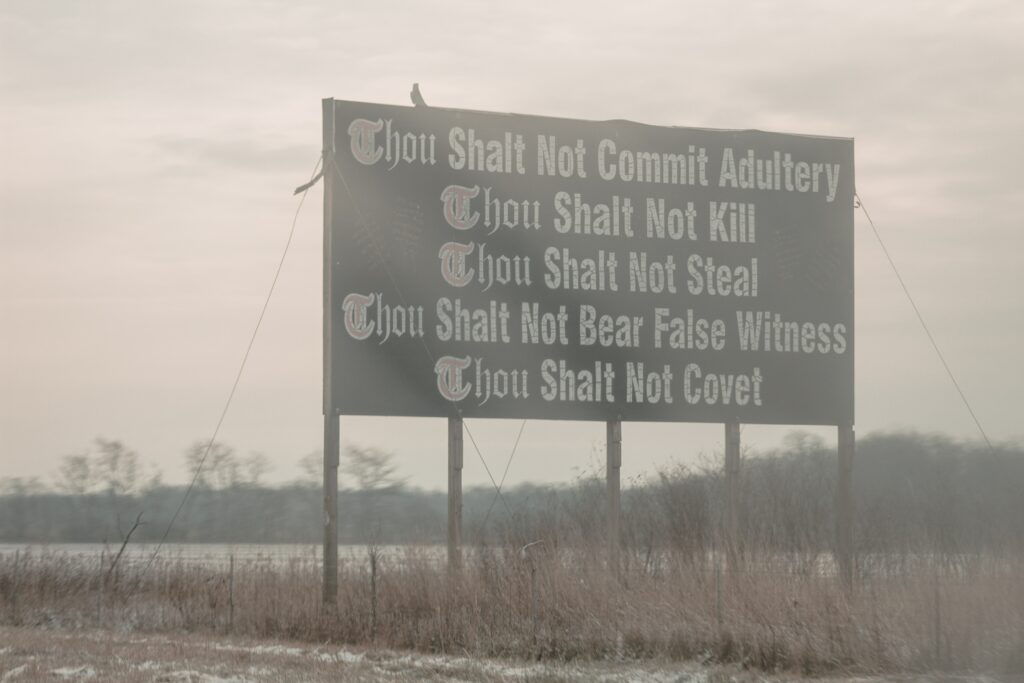
As I noted last time, I’ve been studying the book of Ruth lately. With the help of commentator Dan Block, I’ve been confronted with something in the book that I found striking.
Most commentators note that the book is mostly dialogue; about 52% of the Hebrew words there are spoken by various characters in the story. A recurring theme in these speeches is prayer for blessing:
- “Now behold, Boaz came from Bethlehem and said to the reapers, ‘May the Lord be with you.’ And they said to him, ‘May the Lord bless you’ ” (Ru 2.4).
- “Her mother-in-law then said to her, ‘Where did you glean today and where did you work? May he who took notice of you be blessed’ “ (Ru 2.19).
- “Then he said, ‘May you be blessed of the Lord, my daughter. You have shown your last kindness to be better than the first by not going after young men, whether poor or rich’ ” (Ru 3.10).
- “Then the women said to Naomi, ‘Blessed is the Lord who has not left you without a redeemer today, and may his name become famous in Israel’ “ (Ru 4.14).
There are other prayers that call for blessing without using the word:
- “And Naomi said to her two daughters-in-law, ‘Go, return each of you to her mother’s house. May the Lord deal kindly with you as you have dealt with the dead and with me. 9 May the Lord grant that you may find rest, each in the house of her husband.’ Then she kissed them, and they lifted up their voices and wept” (Ru 1.8-9).
- “[Boaz said to Ruth,] ‘May the Lord reward your work, and your wages be full from the Lord, the God of Israel, under whose wings you have come to seek refuge’ ” (Ru 2.12).
- “All the people who were in the court, and the elders, said, ‘We are witnesses. May the Lord make the woman who is coming into your home like Rachel and Leah, both of whom built the house of Israel; and may you achieve wealth in Ephrathah and become famous in Bethlehem. 12 Moreover, may your house be like the house of Perez whom Tamar bore to Judah, through the offspring which the Lord will give you by this young woman’ “ (Ru 4.11-12).
- “[The women of Bethlehem said to Naomi,] ‘May he also be to you a restorer of life and a sustainer of your old age; for your daughter-in-law, who loves you and is better to you than seven sons, has given birth to him’ “ (Ru 4.15).
That’s seven prayers (the last bullet point in each set being from the same prayer) in just four relatively short chapters.
- Boaz blesses his field workers (and they him) and Ruth (twice).
- Naomi blesses her daughters-in-law and Boaz.
- The people of Bethlehem bless Ruth and Naomi.
Do you notice anything?
Nobody prays for his own needs. Not Boaz, the (likely) old bachelor, who, as it turns out, could really benefit from a wife, both as a companion and as the provider of a family line. Not Naomi, the childless widow who is in imminent danger of starvation. Not the people of Bethlehem, who have just emerged from a famine. And not Ruth, who has left all she knows to live in a foreign and hostile culture.
Nobody. As Block notes in the New American Commentary, “It is striking that no one in the book prays for a resolution of his own crisis. In each case a person prays that Yahweh would bless someone else. This is a mark of ḥesed” (pp 612-13).
Hesed is the Hebrew word translated “kindly” or “kindness” in Ruth 1.8, 2.20, and 3.10. It’s the “mercy” in the oft-used biblical statement that “[God’s] mercy endureth forever.” It speaks of fierce loyalty to a relationship that’s based on love.
Now, other biblical passages make it clear that praying for your own needs is not only tolerated but encouraged and even welcomed. Both Paul and Peter tell us to cast our care on God, making our requests known (Php 4.6; 1P 5.7). But against the dark background of the Judges, when “every man did what was right in his own eyes,” it’s remarkable to see a community where the first concern is for others.
Photo by Jack Sharp on Unsplash




